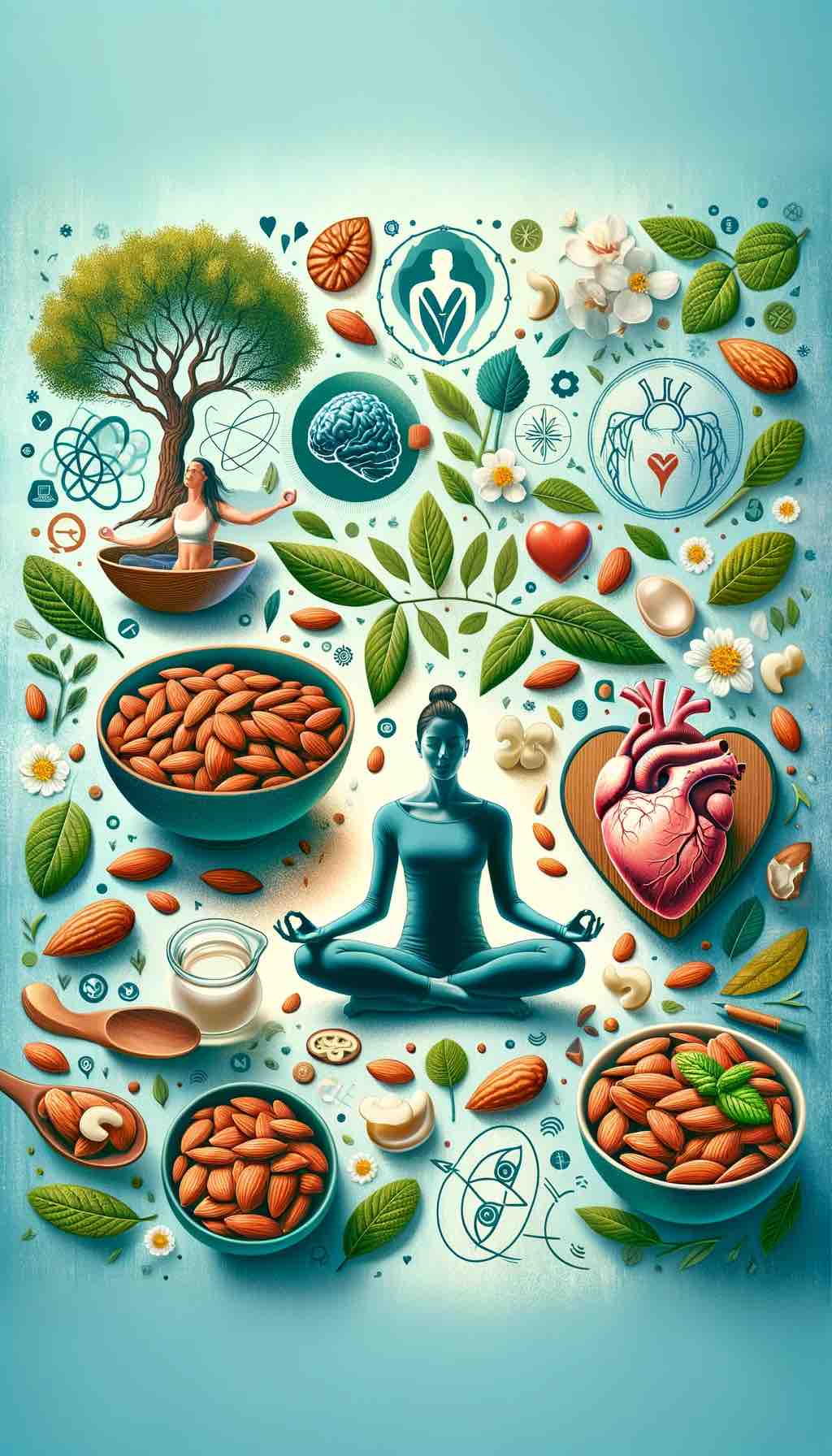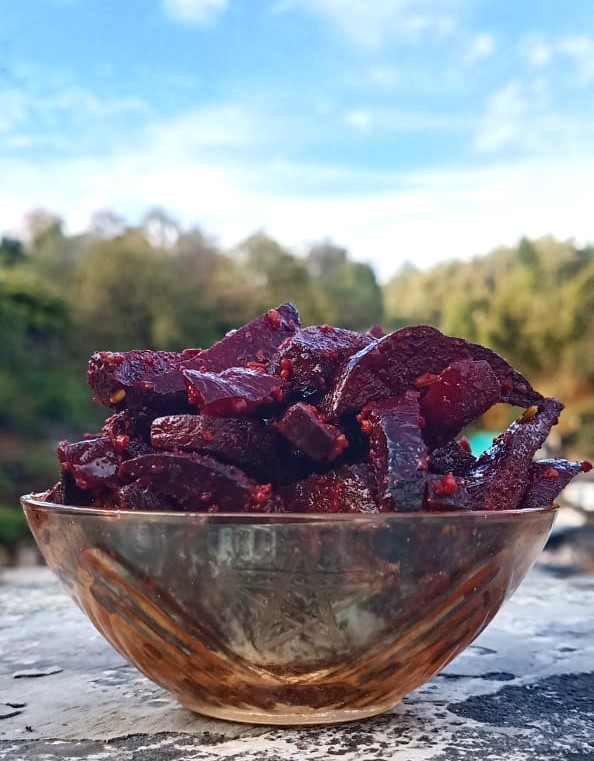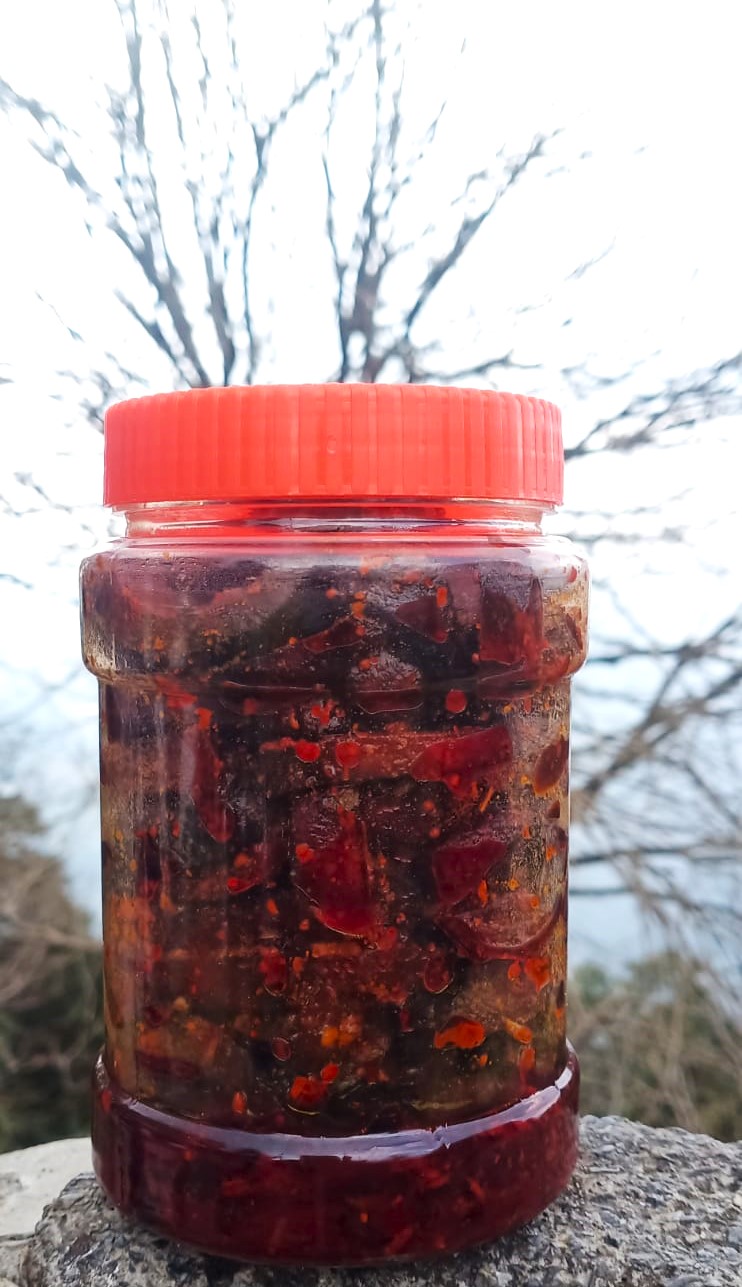
Introduction:
Welcome to the world of simple yet profound dietary changes that can make a huge difference to your health. Today, we’re focusing on a humble nut – the almond – but with a twist. Soaking almonds overnight and consuming them daily can unlock a plethora of health benefits, some of which might surprise you. Let’s dive into these ten incredible benefits of soaked almonds and why they should be a staple in your diet.
1. Digestive Health Booster
Did you know that soaking almonds can aid in better digestion? The soaking process breaks down the hard texture and enzyme inhibitors, making it easier for your body to absorb their nutrients. Say goodbye to bloating and welcome improved gut health with soaked almonds.
2. Your Weight Management Ally
The high fiber and protein content in almonds help you feel full, reducing the tendency to overeat. This makes soaked almonds a great snack for those on a weight management journey. Remember, moderation is key!
3. A Heart-Healthy Choice
Almonds are a heart’s best friend. Rich in monounsaturated fatty acids, they help manage cholesterol levels and keep your arteries clear. Regular consumption of soaked almonds can lead to a healthier cardiovascular system.
4. Brain Function Enhancer
Improve your memory and cognitive function with almonds. They contain nutrients that aid in the growth of new brain cells, making them a smart addition to your daily diet.
5. Oxidative Stress Reducer
Packed with antioxidants, almonds fight oxidative stress and free radical damage. This not only prevents chronic diseases but also boosts your overall energy levels.
6. Blood Pressure Regulator
High in potassium and low in sodium, soaked almonds are excellent for keeping your blood pressure levels in check. They’re particularly beneficial for those battling hypertension.
7. Bone Health Promoter
Soaked almonds are a fantastic source of calcium and magnesium, essential minerals for maintaining strong and healthy bones. They’re especially beneficial as you age.
8. Skin and Hair Savior
Vitamin E is your skin and hair’s best friend, and soaked almonds are loaded with it. This vitamin acts as an antioxidant, reducing inflammation and promoting healthy, glowing skin and shiny hair.
9. Pregnancy-Friendly Nutrient Source
For expectant mothers, the folic acid in soaked almonds is a boon. It helps prevent neural tube defects and supports the healthy development of the fetus.
10. Chronic Disease Fighter
Almonds’ antioxidants may help reduce the risk of chronic diseases, including certain types of cancer. This is thanks to their ability to neutralize harmful free radicals in the body.
Conclusion:
Incorporating soaked almonds into your daily diet is a small change with big benefits. From improving digestion to enhancing brain function and supporting heart health, these nuts are a nutritional powerhouse. Soak a handful overnight and start your day with this crunchy, health-boosting snack!
How to Soak and Store Almonds:
It’s easy! Just cover a handful of almonds with water overnight (about 12 hours), then drain and store them in the refrigerator for up to a week. You can peel off the brown skin if you prefer a softer texture.
Remember, while almonds are incredibly beneficial, they should be consumed in moderation as part of a balanced diet. Always consult with your healthcare provider, especially if you have specific health conditions or dietary needs.
FAQs
- Q: How many soaked almonds should I eat daily? A: It’s recommended to eat about 6-8 soaked almonds per day for optimal health benefits.
- Q: Do I need to peel the almonds after soaking? A: Peeling is optional. Removing the skin can make them easier to digest, but it’s not necessary.
- Q: Can soaked almonds improve my skin health? A: Yes, the high vitamin E content in soaked almonds is great for skin health, providing a natural glow and reducing inflammation.
- Q: Are soaked almonds better than raw almonds? A: Soaked almonds are easier to digest and the nutrients are more readily absorbed by your body compared to raw almonds.
- Q: Will eating soaked almonds help with weight loss? A: Yes, soaked almonds can aid in weight management due to their high fiber and protein content, which helps in feeling fuller for longer.
- Q: Can I eat soaked almonds if I have heart issues? A: Soaked almonds are heart-healthy, thanks to their monounsaturated fatty acids and antioxidants, but it’s always best to consult with your healthcare provider.
- Q: How long should I soak almonds? A: Almonds should be soaked in water for about 12 hours or overnight.
- Q: Can soaked almonds improve brain function? A: Yes, they contain nutrients that aid in the growth of new brain cells and improve cognitive functions.
- Q: Are soaked almonds good for pregnant women? A: Yes, they are a great source of folic acid, which is essential during pregnancy, but it’s recommended to consult with a healthcare provider.
- Q: Can soaked almonds help in lowering blood pressure? A: Yes, due to their potassium content and low sodium levels, soaked almonds can help in managing blood pressure.












